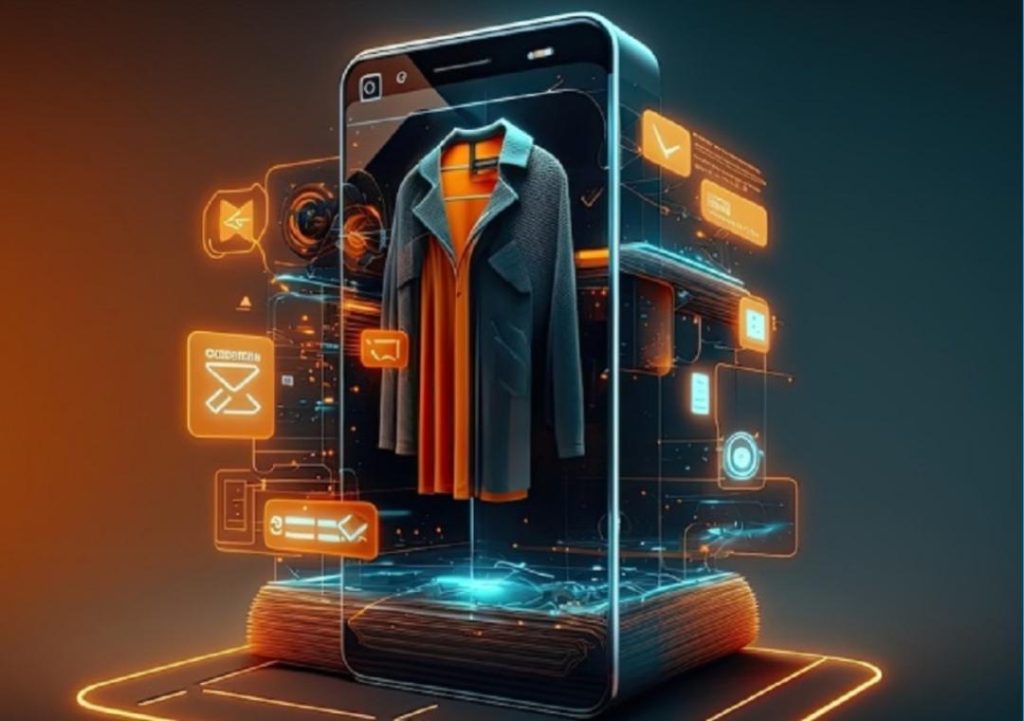
How AI, AR & Automation are Redefining Online Shopping in 2025
As we step into the world of 2025, online shopping is transforming at an unprecedented pace. The e-commerce landscape is witnessing a significant shift, driven by the convergence of Artificial Intelligence (AI), Augmented Reality (AR), and Automation. These cutting-edge technologies are revolutionizing the way customers interact with online stores, making the shopping experience faster, immersive, and frictionless.
In this blog post, we’ll delve into the exciting world of AI, AR, and Automation and explore how they’re redefining online shopping. From AI-powered chatbots to AR virtual try-ons, and from automated logistics to voice commerce, we’ll uncover the secrets behind the seamless shopping experience of the future.
AI-Powered Personalization: The Key to Customer Loyalty
AI-driven personalization is one of the most significant trends in online shopping today. By leveraging machine learning algorithms, e-commerce platforms can now offer tailored recommendations to customers based on their browsing and purchasing history. This level of personalization not only enhances the customer experience but also increases loyalty and retention rates.
For instance, AI chatbots are being used to simulate human-like conversations, helping customers find products that match their preferences. These chatbots can also suggest complementary products, offer loyalty rewards, and provide personalized promotions. According to a report by Gartner, by 2025, 80% of all customer interactions will be handled without human intervention, making AI chatbots a crucial component of online shopping.
Smart Recommendations: The Art of Anticipating Customer Needs
Smart recommendations are another area where AI is making a significant impact. By analyzing customer behavior and purchase history, AI algorithms can predict what products a customer is likely to buy. This level of anticipation not only simplifies the shopping process but also increases conversions.
For instance, AI-powered product recommendation engines can suggest products that match a customer’s browsing history, purchase history, and search queries. These engines can also take into account customer preferences, such as brand loyalty and product ratings, to provide personalized recommendations.
Voice Commerce: The Rise of Hands-Free Shopping
Voice commerce is another area where AI is making a significant impact. With the rise of voice assistants like Alexa, Google Assistant, and Siri, customers can now shop using voice commands. This hands-free shopping experience not only simplifies the process but also increases accessibility for customers with disabilities.
For instance, voice commerce platforms like Amazon Alexa can help customers order products using voice commands. These platforms can also provide personalized recommendations, track orders, and offer customer support using voice assistants.
AR Virtual Try-Ons: The Future of Fashion and Beauty
AR virtual try-ons are revolutionizing the way customers interact with fashion and beauty products. By using AR technology, customers can now try on products virtually, eliminating the need for physical visits to stores. This immersive experience not only increases conversions but also reduces returns.
For instance, AR-powered virtual try-on technology can allow customers to try on makeup, clothes, and accessories virtually. This technology can also provide customers with a 360-degree view of products, allowing them to see how they fit and look before making a purchase.
Automation: Streamlining Supply Chains and Delivery
Automation is another key trend in online shopping today. By automating supply chains and delivery, e-commerce platforms can reduce costs, increase efficiency, and improve customer satisfaction. For instance, automated logistics platforms can optimize routes, reduce delivery times, and provide real-time tracking updates.
For instance, automated warehouses can use robots and drones to pick, pack, and ship products, reducing labor costs and increasing efficiency. These warehouses can also use AI-powered inventory management systems to track stock levels and optimize inventory replenishment.
The Future of Online Shopping: Faster, Immersive, and Frictionless
As we look to the future, it’s clear that AI, AR, and Automation will continue to redefine online shopping. With AI-powered personalization, AR virtual try-ons, and automated logistics, the shopping experience will become faster, immersive, and frictionless. Customers will expect more from online stores, and those that fail to deliver will fall behind.
As the e-commerce landscape continues to evolve, one thing is clear – the future of online shopping belongs to those who are willing to innovate, adapt, and push the boundaries of what’s possible.
News Source:
https://www.growthjockey.com/blogs/e-commerce-tech-trends-online-shopping






